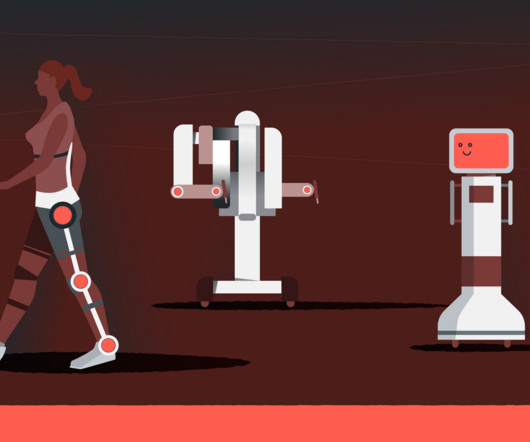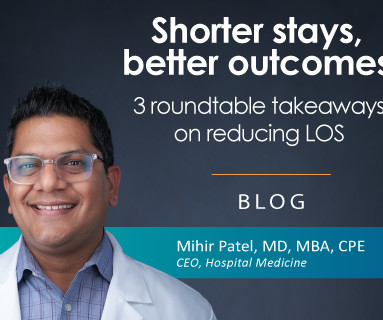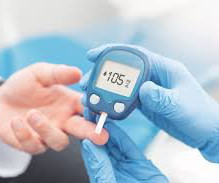From Surgeries To Keeping Company: The Place Of Robots In Healthcare
The Medical Futurist
MAY 18, 2025
Here’s our overview to understand robotics in healthcare better so that everyone can prepare for the appearance of mechanic helpers in medical facilities. For this reason, we collected here the most useful robots in healthcare. These new ‘colleagues’ will definitely make a difference in every field of medicine.













Let's personalize your content